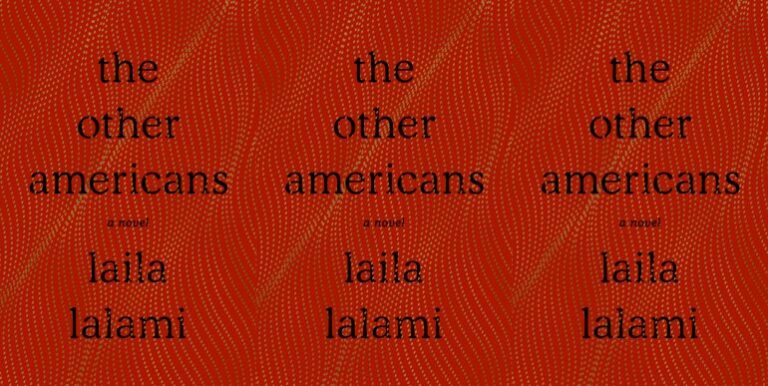How the United States Nurtures Violence
While the characters of Laila Lalami’s newest novel confront and sometimes overcome the discomfort caused by their differences, Lalami presents one final troubling question for her readers: what markers of violence have our willingly blind eyes allowed to fester?








